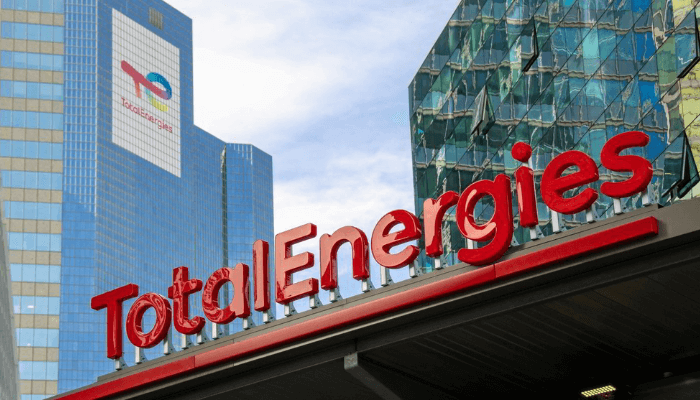Patrick Pouyanne, the chief executive officer of TotalEnergies, has said that the company is investing $6 billion in energy projects in Angola over Nigeria, citing inconsistency in policymaking in Nigeria as the primary reason for this decision.
During the Africa CEO panel in Kigali, Rwanda, Pouyanne said that despite the Niger Delta’s status as West Africa’s most productive region, the volatile policy landscape has rendered investments unsustainable, adding that the company has not conducted oil exploration in the region for 12 years.
Read also: TotalEnergies strikes supply deal with Dangote on Nigerian refinery
He added: “Nigeria loves to open topics without closing them. You love to debate. There is always a new legislature in Nigeria about a new petroleum law. When you have such permanent debates, it’s difficult for investors looking for long-term structure to know what direction to go.
“In reality, the Niger Delta is the most prolific part of West Africa. But if you look at what happened, because of these debates, there has not been a single exploration in Nigeria for 12 years. It’s important to have a debate and then settle it and put a framework on the table that investors can trust.
We have countries that have perfectly integrated policies like Angola. So, we went to Angola and announced a very large $6 billion project at the beginning of the week because there their framework is stable. So we know where we go.”
In addition, Pouyanne identified insecurity and a shortage of skilled workers as major challenges to investing in the country.
According to him, investors require assurance that their investments will be protected from violence and destruction.
He said that the company is actively training individuals to enhance human capital and develop the necessary skills for the oil and gas industry.
“What are the challenges? Security comes first. For a CEO like me, security of my people is of utmost important. Fortunately, we have customs in the Niger Delta to deal with it.
“We also have finding talent has a difficulty. In some countries like Nigeria and Rwanda, we find it difficult to find talent. Some of them have difficulty in education. And we can contribute to that. That’s some of the things we do, training people,” he said.
